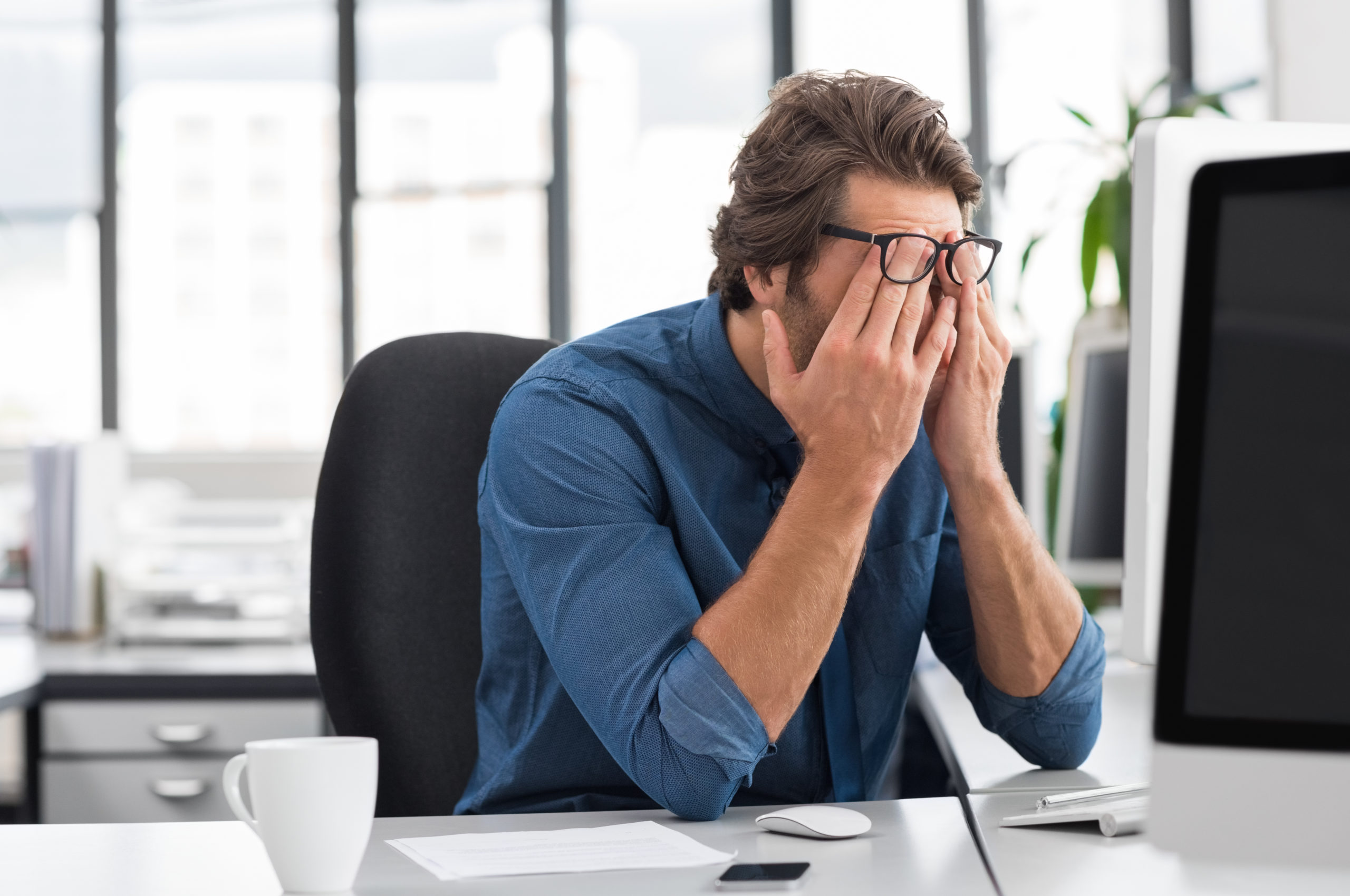
Stress impacts everyone but can be even more pervasive when someone has experienced intense trauma. This negative stress — called distress — can negatively impact your recovery if you don’t have the tools to deal with it.
You can experience anxiety, depression, physical pain, altered habits, and worsening substance use. Your body goes through changes to cope with the constant fight or flight mode you are in.
Luckily, there are ways you can work with stress and use it as fuel. You can also develop coping skills to deal with the increased stress you may feel as part of your recovery from trauma. Continue reading for more information.
Is There Really Such Thing as Good Stress?
Yes! Good stress is called eustress. Eustress is the happy medium between a calm state without stress and a high-intensity state with extreme stress.
If you have extreme negative stress, you are more likely to reach your breaking point, and your recovery performance may decline. Eustress, however, is the perfect amount of stress.
It is manageable and helps make you productive. It pushes you slightly past your comfort zone so that you can reach your goals. Good stress isn’t long-lasting, which makes it healthy.
The longer your stress lasts, the worse its effects become, including the mental and physical symptoms we mentioned above. It’s important to note that everyone’s eustress and distress levels are different.
These levels are subjective, meaning that they change from person to person. Try not to compare yourself and your productivity levels to those around you. Instead, focus on doing the best that you can!
How Can I Deal With Distress?
Dealing with distress requires coping skills you can learn with us. One great way to deal with distress is to exercise.
Everyone knows the physical benefits exercise can have for us during recovery, but there are emotional benefits, too. Exercising gives your stress a place to go.
That nervous and pent-up energy is released during exercise because you are using activity as a coping skill. Another way to give that negative energy a healthy place to go is by helping others.
Volunteering or merely helping a friend can make you feel better. It gives you some purpose and keeps your mind busy.
Furthermore, talking to a professional, or even a friend, can work wonders. The more support you have, the more quickly you can increase your well-being.
Lastly, dealing with stress means that you take care of yourself by not coping with substances. This masks the root of the stress, which is often the trauma you haven’t dealt with. Getting to the source of the trauma is how you actually deal with distress.
The Guest House can provide you with the support you need during your recovery. Call us today at 855-372-1079.
We can’t wait to set you up with one of our programs and give you the help you need. Call us now!